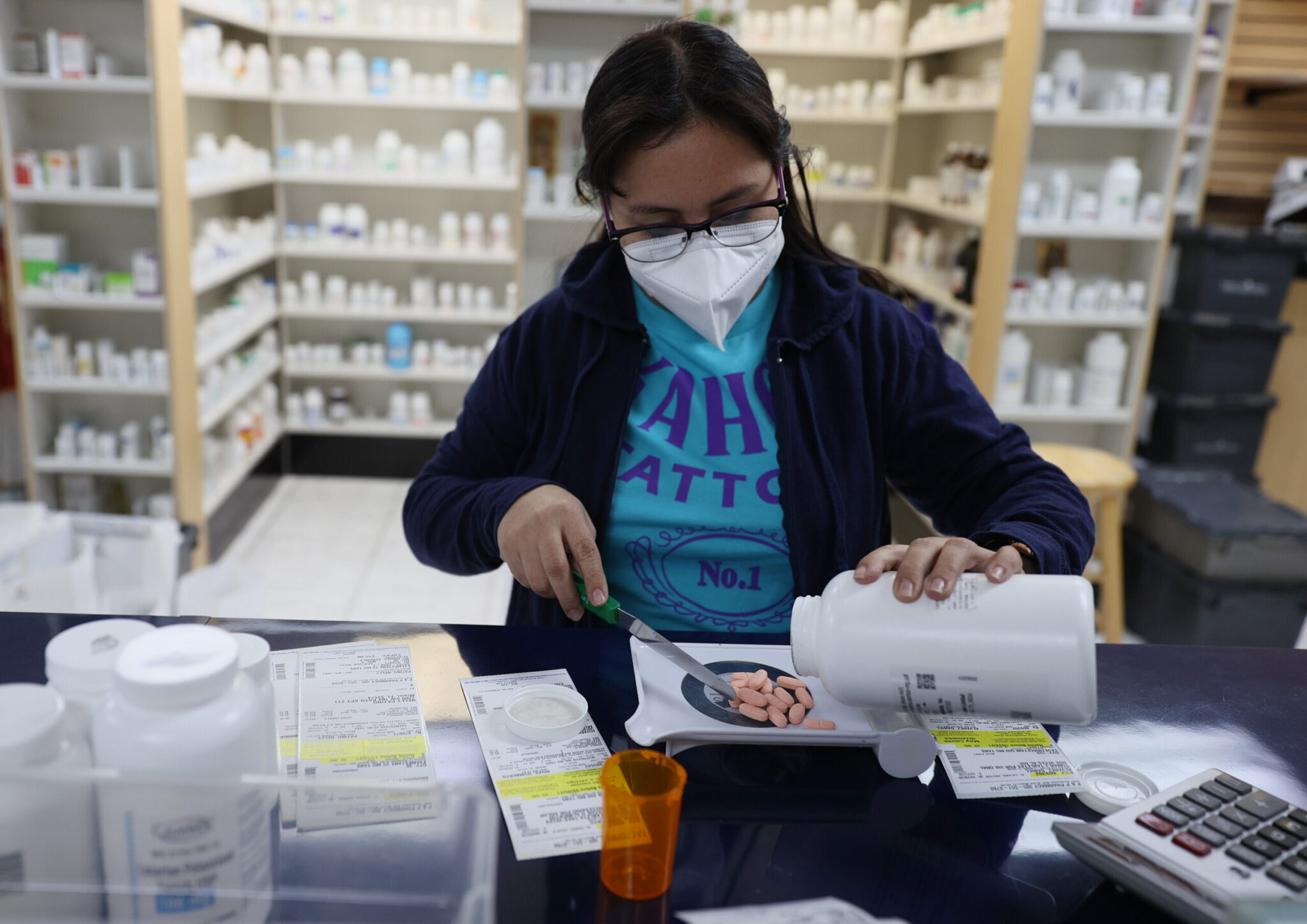ROBIN PULIDO
My husband and I are lucky– we’ve been mostly healthy since we retired. But 2022 was not a friendly year for us, health-wise. We had a few hospital stays that, if we didn’t have Medicare, would have bankrupted our family. During the open enrollment period, we looked at our Medicare options in case a different Medigap plan would serve us better, and are excited about the new benefits seniors like us will receive thanks to the Inflation Reduction Act.
In fact, my husband and I have already taken advantage of one of the new provisions– vaccines provided at no cost to seniors on Medicare. For years, we had put off vaccines that were necessary but unaffordable to us on our fixed income. I’m thankful we were finally able to get our shingles vaccine at a price we could afford. I’ve known friends and loved ones who have come down with shingles and they told me about the pain shingles causes. My husband and I didn’t want to risk our health but the vaccine cost was out of our reach until this year. I’m glad we are protected from shingles and other preventable diseases thanks to the no-cost vaccines provided by Medicare.
But free vaccines aren’t the only cost-saving benefits for seniors in the Inflation Reduction Act. Thanks to this law, Medicare is now able to negotiate prescription drug prices with pharmaceutical companies for the first time ever. This new program will lower prices for some of the highest-priced prescription drugs on the market used to treat conditions like diabetes, heart failure, blood clots, and autoimmune disorders. The 10 drugs included in the first round of price negotiations are taken by nearly 9 million people on Medicare, who spent $3.4 billion in out-of-pocket costs last year alone.
For too long, Americans and people across the country have been paying two to four times more than people in other countries for the prescription drugs they depend on, forcing people to choose between filling a prescription or filling their refrigerator. Giving Medicare the power to negotiate lower prices directly with drug companies will help bring the price of medicines in the U.S. more in line with what other countries pay.
Seniors on Medicare will also be protected from outrageous price increases on the medication they depend on. Over the past 20 years, price increases for brand-name drugs in Medicare Part D have risen at more than twice the rate of inflation. Now, price increases on prescription drugs can no longer outpace inflation, which will put money back in seniors’ pockets.
Seniors who use insulin will also save money because Medicare caps insulin co-pays at $35 per month. There is no reason seniors should have to pay hundreds of dollars a year for their life-saving insulin, a medicine that has been around for decades and is cheap to produce.
Even though my husband and I don’t need to use insulin or any of the 10 prescription drugs included in the first round of Medicare’s negotiations with pharmaceutical companies, I’m glad these provisions are in place because you never know if you will need them down the road.
Our nation’s seniors – including me – are depending on current and future savings from the Inflation Reduction Act. It is already working for the American people with millions of seniors no longer being forced to choose between putting food on the table and affording the medications they need to survive.
